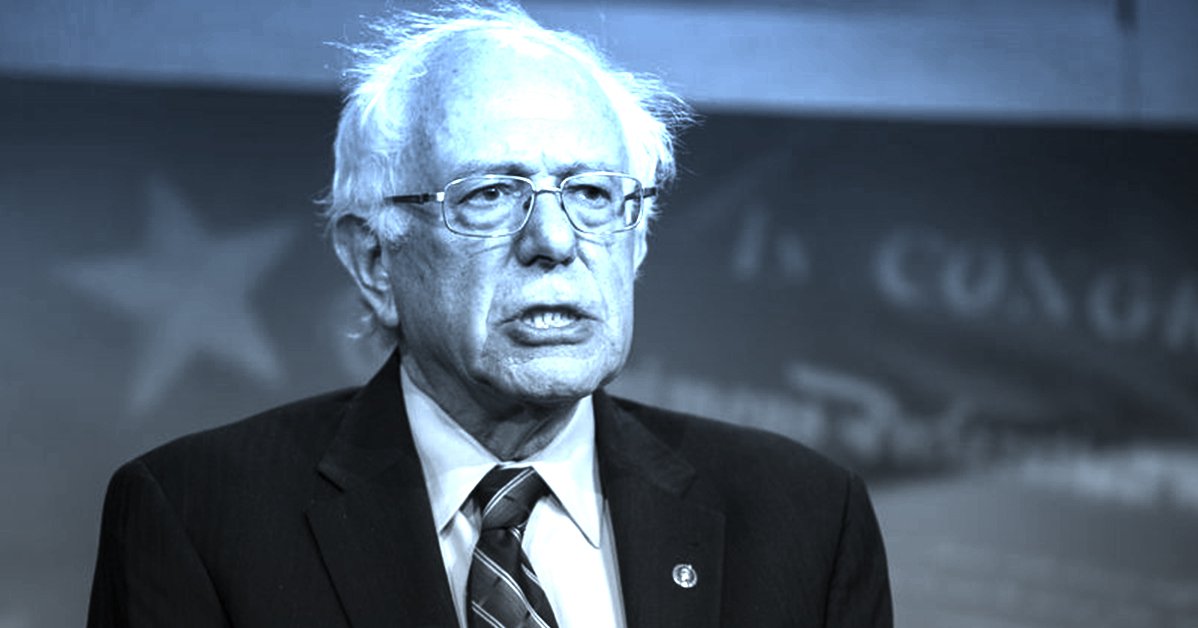Bernie Sanders struggled to provide details on exactly how he would pay for his sweeping proposals to expand health care, child care and more, and also brushed off questions about his age in an interview broadcast by CBS’ “60 Minutes” on Sunday.
The Vermont senator heads to the South Carolina primary on Feb. 29 after crushing the field in Nevada and is considered the front-runner among the 2020 Democratic presidential field.
The self-described democratic socialist said the Democratic Party has moved toward him over the past four years -- since he waged a lengthy primary fight against Hillary Clinton -- and “that the ideas that seemed radical four years ago are now kind of mainstream.”
But while he’s proposed options such as higher taxes on the wealthy to pay for the roughly $30 trillion price tag for his centerpiece Medicare for All health care plan -- as well as a Green New Deal, universal child care and canceling student loan debt -- Sanders was reticent about specifics.
“I can’t rattle off to you every nickel and every dime,” Sanders said when asked repeatedly by correspondent Anderson Cooper how much his plans would cost. “But we have accounted for -- you -- you talked about Medicare for All. We have options out there that will pay for it.”
Since he now seems to be the leading Democratic candidate for president, with victories in Iowa and New Hampshire, it’s time to give Bernie Sanders’ agenda some thorough scrutiny. Brace yourself.
Sanders proposes major changes to the U.S. economy that would remake the health care, energy, auto and financial industries. Yahoo Finance calculates the annual cost of new spending under these Sanders plans at $4.9 trillion. Washington spends around $4.5 trillion per year, so Sanders’ plans would more than double total federal spending.
Among all Democrats running for president, Sanders has the costliest agenda by a considerable margin. Yahoo Finance tallied the cost of Elizabeth Warren’s plans last fall, when she briefly looked like a frontrunner. Those plans added up to about $4.2 trillion per year, or about 14% less than Sanders. At the time, Warren backed the same Medicare for all plan Sanders has proposed, which is the biggest item on the agenda, at about $3.1 trillion per year.
...
Sanders has proposed a variety of tax hikes to pay for his various plans, including a wealth tax starting on fortunes of $32 million, a larger payroll tax to expand Social Security benefits, a tax on some financial trades, and a higher corporate tax. Most Americans don’t object to higher taxes on the wealthy, but Sanders’ tax hike proposals are so aggressive they’d likely meet strong resistance in Congress, even from Democrats.







